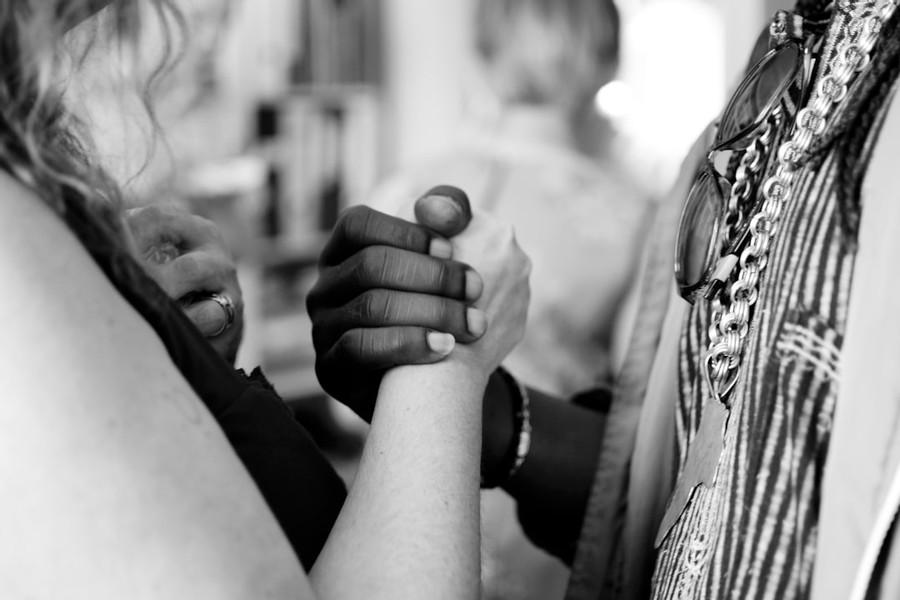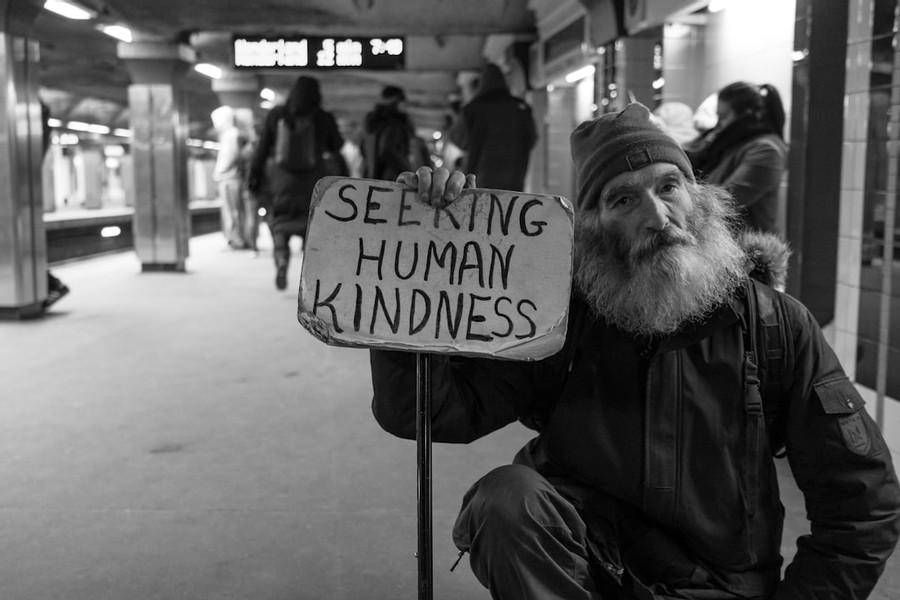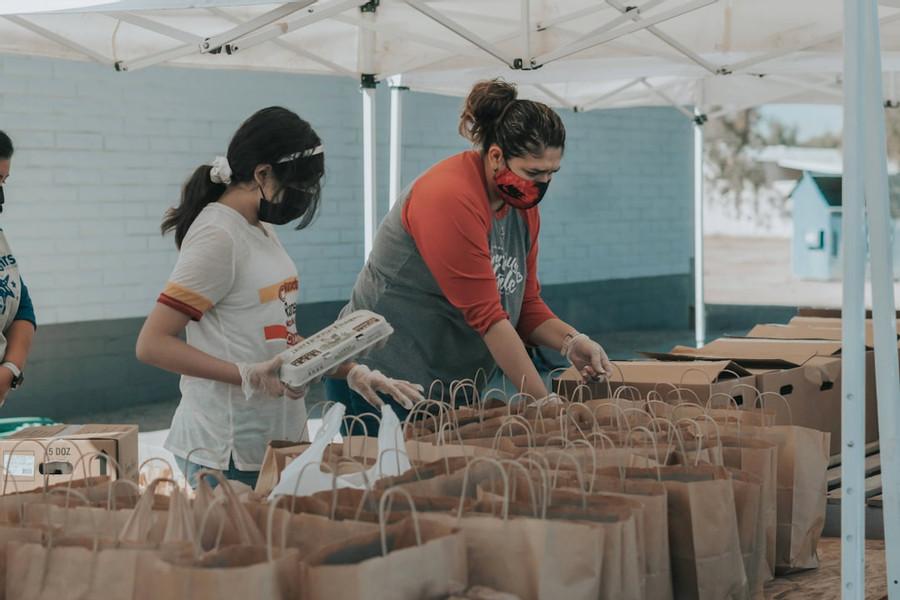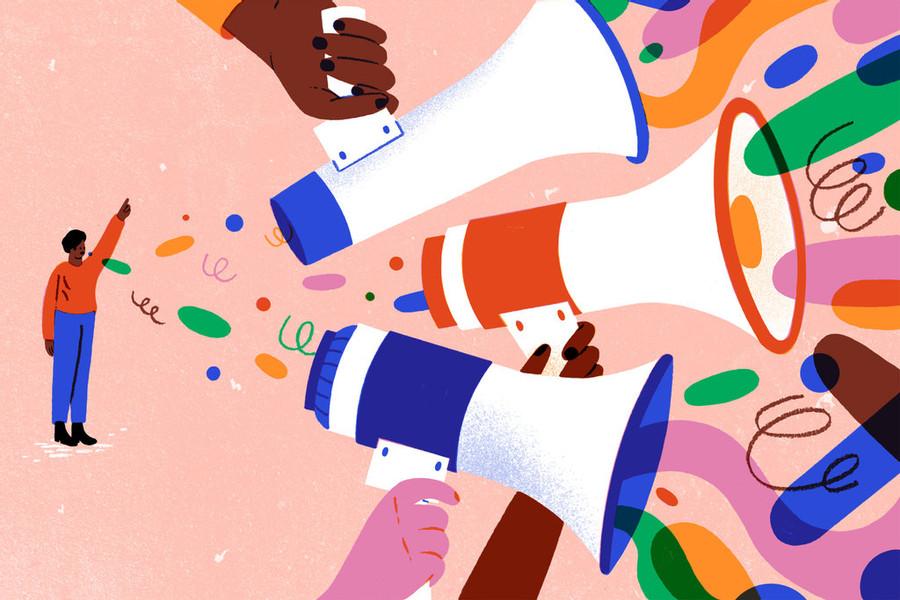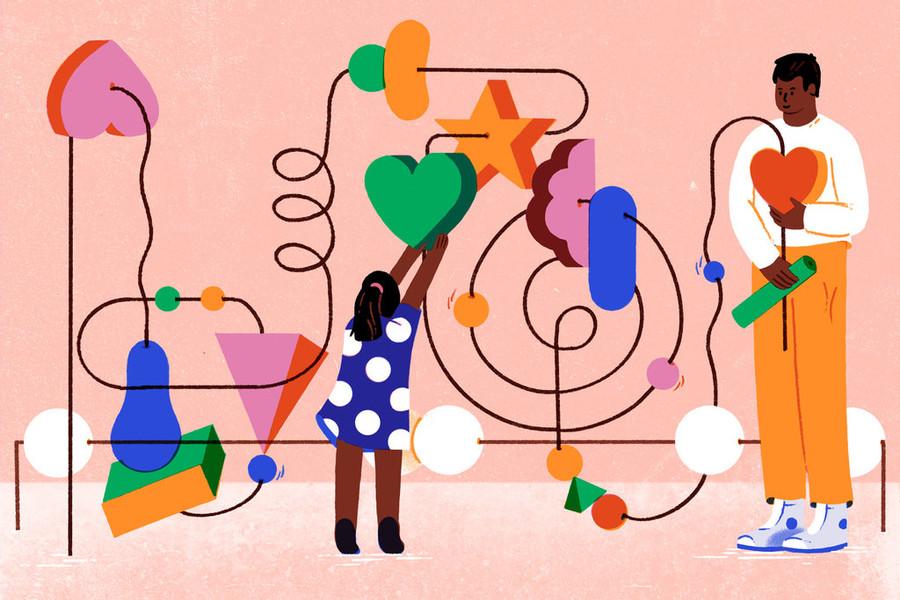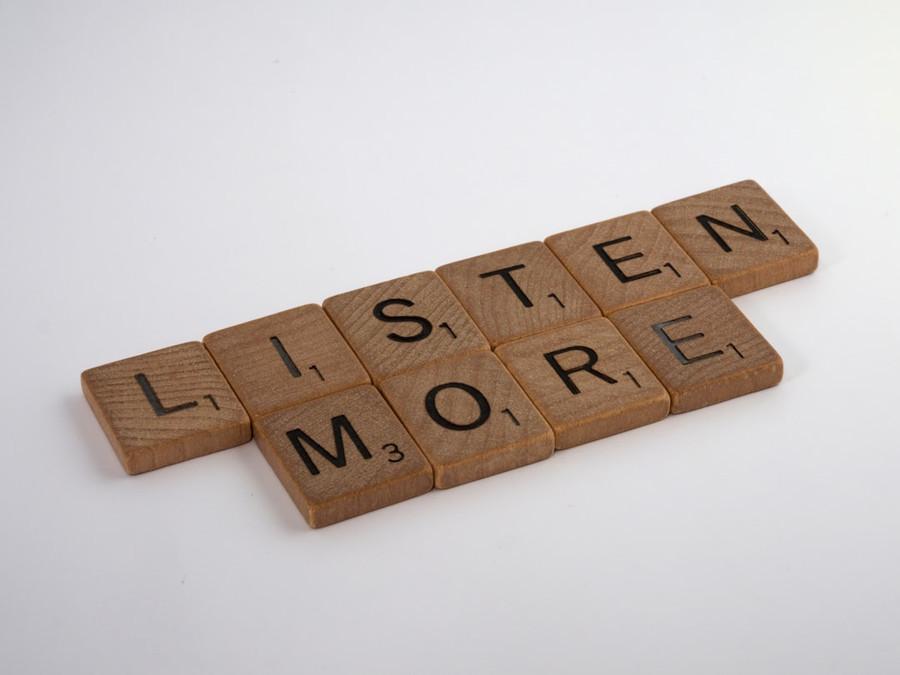How to Be More Empathetic - A Year of Living Better Guides
Curated from: nytimes.com
Ideas, facts & insights covering these topics:
19 ideas
·8.2K reads
38
Explore the World's Best Ideas
Join today and uncover 100+ curated journeys from 50+ topics. Unlock access to our mobile app with extensive features.
Empathy Deficit
More and more, we live in bubbles. Most of us are surrounded by people who look like us, vote like us, earn like us, spend money like us, have educations like us and worship like us.
The result is an empathy deficit, and it’s at the root of many of our biggest problems. It’s because of how homogeneous people’s social circles have become, and also because humans naturally hold biases. But researchers have discovered that far from being an immutable trait, empathy can be developed.
72
903 reads
Practice Empathy
So what is empathy? It’s understanding how others feel and being compassionate toward them. It happens when two parts of the brain work together, neuroscientists say — the emotional center perceives the feelings of others and the cognitive center tries to understand why they feel that way and how we can be helpful to them.
Empathy makes people better managers and workers, and better family members and friends. But it’s bigger than just its personal effect. We’re all in this together, and researchers say that connection and compassion are crucial to a sustainable and humane future.
71
697 reads
Talk to New People
- Start conversations with strangers or invite a colleague or neighbour you don’t know well to lunch. Go beyond small talk – ask them how they’re doing and what their daily life is like.
- Follow people on social media with different backgrounds than you have (different race, religion or political persuasion).
- Put away your phone and other screens when you’re having conversations, even with the people you see every day, so you can fully listen and notice their facial expressions and gestures.
71
624 reads
Try Out Someone Else’s Life
Don’t just stand in someone else’s shoes, as the saying goes, but take a walk in them.
Attend someone else’s church, mosque, synagogue or other house of worship for a few weeks while they attend yours, or visit a village in a developing country and volunteer. Spend time in a new neighborhood, or strike up a conversation with a homeless person in your community.
68
582 reads
Join Forces for a Shared Cause
Working on a project with other people reinforces everyone’s individual expertise and humanity, and minimizes the differences that can divide people.
- Work on a community garden.
- Do political organizing.
- Join a church committee.
- If you have experienced grief or loss, join with others who have experienced something similar.
67
527 reads
Admit You're Biased
We’re all biased. Acknowledging that is the first step. The second step is taking action to overcome it.
Bias is a natural part of the human condition. This is adaptive for us to take mental shortcuts and make conclusions about the people around us. Actively working to combat that is what matters.
66
504 reads
Be Honest With Yourself: Check Your Privilege
The flip side of bias is privilege. Bias puts certain groups of people at a disadvantage in our society, while privilege puts other groups at an advantage.
Your privileges are things that give you special status that you didn’t earn and don’t necessarily realize you benefit from. One example is when white people, unlike African-Americans, don’t worry about police violence during a routine traffic stop. Another is when someone raised with enough money has never thought about whether they can afford to eat.
67
434 reads
Again, Talking to People Helps
One of the most important ways to confront bias and privilege in your life is to hear from others about their everyday lives, and consider how they’re different from yours.
It can be as simple as having lunch with a colleague and asking about their routines, she said. Maybe you’ll learn that they leave early to care for a family member or drive a different commute because they’re afraid of interacting with the police. Perhaps they never feel heard in meetings, or struggle to find a time and place to pump breast milk during the day.
63
364 reads
Stand Up for Others
Empathy should drive us to act compassionately toward others. The next step, after acknowledging your privileges, is to put them to use on behalf of groups who don’t have them.
Donate money to causes that help people in need or attend a rally in support of them.
Speak up when someone makes a discriminatory comment or interrupts. This is especially important to do when you’re not part of the community that is being undermined.
62
361 reads
It's Not About You
- Remember that you don’t need to understand everything about someone to make them feel respected.
- Advocate for things that will help others, even if they don’t directly affect you.
- Don’t make assumptions about people based on what your life is like.
- In workplaces, women and people of colour do more of what researchers call office housework – unglamorous chores like getting coffee for a meeting or arranging a colleague’s goodbye party.
64
385 reads
Read Books
Reading is one of the best ways to open your mind to the experiences of others.
Reading literary fiction requires people to enter characters’ lives and minds – and by doing so, it increases people’s capacity to understand other people’s thoughts and feelings, researchers at the New School have found. People who read literary fiction performed better on tests of empathy and emotional intelligence afterwards.
Read and watch first-person accounts of the experiences of others in magazines and newspapers, on social media and in podcasts and documentaries.
67
327 reads
Raise Empathetic Kids
Ask children what they think characters in books or during imaginative play are feeling, based on their facial expressions or what’s happening to them in the story.
Don’t instruct your kid to say sorry. Instead, ask questions like: “How do you think he’s feeling? What could you do to help him feel better?”
Help your children name their emotions. When they’re crying in frustration or anger, or don’t want bedtime to come or school to start, give them words for their feelings.
72
325 reads
Talk About Bias
Many parents, especially those who are white, try to avoid talking about race, gender identity, income level or other differences among people, believing that if they expose their children to diversity without making a big deal about it, their children will grow up without prejudice.
But research has shown that’s not true. Even preschoolers see differences – and also hold biases. When adults don’t talk to children about it, it can make it worse – children end up absorbing societal stereotypes or assuming it’s a taboo topic.
65
306 reads
Teach Them to Fight Stereotypes
Researchers say children are aware of stereotypes by age 3. Counter them by encouraging children to do a wide variety of activities and spend time with a range of friends. Model the same in your own life — starting with sharing the chores at home.
Teach them what to do if they experience discrimination or see someone else experiencing it, and role play with them. Teach them to say, “Stop” or “That’s unkind,” or to stand next to the person who’s being targeted, or to find a trusted adult.
66
294 reads
Change My View: Twitter Without The Trolls
the Change My View subreddit is a discussion board with a twist. People have described it as the most civilized place on the internet, where people respectfully discuss controversial topics and are open to changing their minds.
The goal is not to be comfortable. It’s to stretch ourselves and expose ourselves to others’ points of view. You can compare it to yoga – getting comfortable by being uncomfortable. If you are comfortable, you probably aren’t doing it right.
62
315 reads
Hard Conversations
If you’re uncomfortable with the topic of conversation, or if someone has told you that you said something that was offensive, the first step is to listen. Some common errors, experts say, are:
- focusing on your own feelings instead of the other person’s
- making the conversation about you
- blaming the victim or denying that their experiences happened.
64
303 reads
The Three Steps
- Step One: Don’t say anything. Just listen.
- Step Two: If you offended someone, apologize (and apologize earnestly).
- Step Three: Do your research. Read articles written by people who have had firsthand experiences with what you’re discussing.
64
339 reads
Be Open to Changing Your Mind
- Don’t be rude or hostile.
- Don’t create echo chambers: Express opposing views, and explain the reasoning behind them.
- Engage in the conversation: Don’t state your position and walk away.
- If no one has changed their mind after three rounds of going back and forth, consider agreeing to disagree.
- If you change your mind, be proud of it and tell people you did so.
66
300 reads
Learn to Listen
Use your body language to show that you’re open to listening: uncross your arms, lean slightly forward, and make eye contact.
Pay close attention to the speaker’s facial expressions and body language, which can convey more emotions than their words.
- Don’t interrupt.
- Ask open-ended questions.
- Put away your phone.
65
310 reads
IDEAS CURATED BY
CURATOR'S NOTE
This should be taught in school.
“
Luciana Owain's ideas are part of this journey:
Learn more about psychology with this collection
How to build trust and respect with team members
How to communicate effectively
How to motivate and inspire others
Related collections
Similar ideas
2 ideas
2 ideas
6 ideas
Read & Learn
20x Faster
without
deepstash
with
deepstash
with
deepstash
Personalized microlearning
—
100+ Learning Journeys
—
Access to 200,000+ ideas
—
Access to the mobile app
—
Unlimited idea saving
—
—
Unlimited history
—
—
Unlimited listening to ideas
—
—
Downloading & offline access
—
—
Supercharge your mind with one idea per day
Enter your email and spend 1 minute every day to learn something new.
I agree to receive email updates

